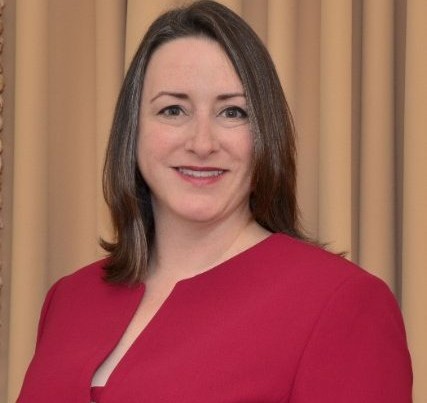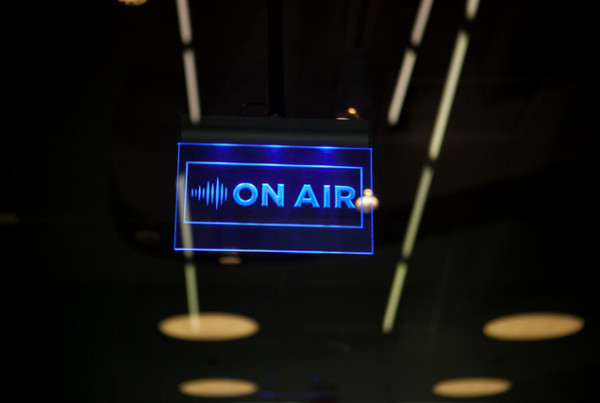This story originally appeared on KERA News.
The Dallas Independent School District is paying its teachers differently this year. The new system bases pay on merit, not years of service – and student evaluations also play a role. Some teachers love the Teacher Excellence Initiative, while others blast it.
Former Dallas Superintendent Mike Miles first brought up the Teacher Excellence Initiative two years ago.
“I think most people in our society believe that teachers should be paid more, but it’s the effective teacher that should be compensated well,” Miles said. “We have an opportunity to do that here in Dallas and really compensate people the way they should be.”
Trustees approved the evaluation plan in 2014. Results came out in September, and this year’s pay is based on it. The new system, called TEI, rates teachers using in-class evaluations, student test scores, and surveys filled out by students. Some teachers love the new system – including the student surveys.
“It isn’t as simple as these students don’t like me and that’s why I performed poorly,” said Angela Fulbright-Burley, a 15-year teacher.
“And it’s not ‘Well these students don’t like me so I can’t get the money,’” adds colleague Toni Harrison-Kelly, a STEM instructor with Dallas for 10 years. “It’s such a small percentage of your overall score that it’s really negligible.”
Harrison-Kelly and Fulbright-Burley are veteran teachers at Zumwalt Middle School. They like TEI and being evaluated by students. Those evaluations count for 15 percent of their overall score.
This might be no surprise: Both of these teachers did well and got raises. They’re Advanced Placement instructors. Fulbright-Burley teaches social studies.
“My student surveys were not what I wanted them to be,” Fulbright-Burley says. “But I can see this is part of that perfecting part of TEI. As a professional, I see the changes that I need to make in my instruction.”
The student survey is one of the more controversial aspects of TEI. Mark Harrington, an Advanced Placement history teacher, likes student surveys and feedback — just not this kind. He teaches at Seagoville High. He says he wasn’t evaluated by all his students.
“When we evaluate principals, they put out email after email, we want 100 percent,” Harrington says. “If it’s good enough to evaluate a principal, it’s good enough to evaluate a teacher, particularly when you’re talking about their living.”
Maybe no surprise here either: Harrington did not score as well as expected, and did not get a raise. He says he later gave the survey to all of his students and scored a lot better. He wonders if the survey is legal.
“Because state law doesn’t allow 15, 13, 11-year-old students to evaluate teachers,” Harrington said. “State law says that a teacher has to be able to have a conversation with their evaluator after they receive their evaluation. Well, these surveys were done anonymously. No one was able to talk with the student. What else is wrong with TEI?”
Diane Birdwell, who teaches at Bryan Adams High School, can tell you. She’s taught for 16 years, and says older teachers who make more money lose out. Because of years worked, some are already earning the top pay for the score they got – their salaries are capped regardless of how good they are in the classroom.
She says those with fewer years, but with the same score, got a raise.
“If you’re going to reward us, reward us equitably,” Birdwell says. She says all teachers should get raises for good performance, no matter how long the they’ve been in the district.
“There’s a problem with it because it discriminates against the older teachers, it discriminates against the veteran,” Birdwell said. “It’s not just that it hurts me. It hurts others and it’s going to hurt the kids because when you don’t have the most experienced teachers in the classroom it’s the children of Dallas who are going to suffer for it.”
Harrison-Kelly, one of the teachers at Zumwalt Middle School, disagrees.
“There’s always been a cap on salaries for teachers,” she says. “So I don’t understand why they would expect, just because we have a new appraisal system, that the process of having a salary cap would change.”
She says TEI treats teachers like professionals with a new top salary of $90,000, much higher than the old cap. Still, she says the policy doesn’t make it easy for good teachers to see others getting a raise. Trustees felt the same way and recently tried offering $1,000 to some long-serving teachers who scored well but got no raise. That plan, though, violated state laws.
DISD Superintendent Michael Hinojosa says he’ll try something else.
“Going into next year’s compensation, offer an incentive for teachers who are in certain categories, such as high-performing teachers, to give them a retention bonus,” Hinojosa says. “As long as you do that on the front end, it’s possible. We’re going to work on multiple fronts to try to accomplish the same thing in a legal way.”
Hinojosa says the report card’s still out on the Teacher Excellence Initiative. He says it may take another two or three years to know if it’s a game-changer.














